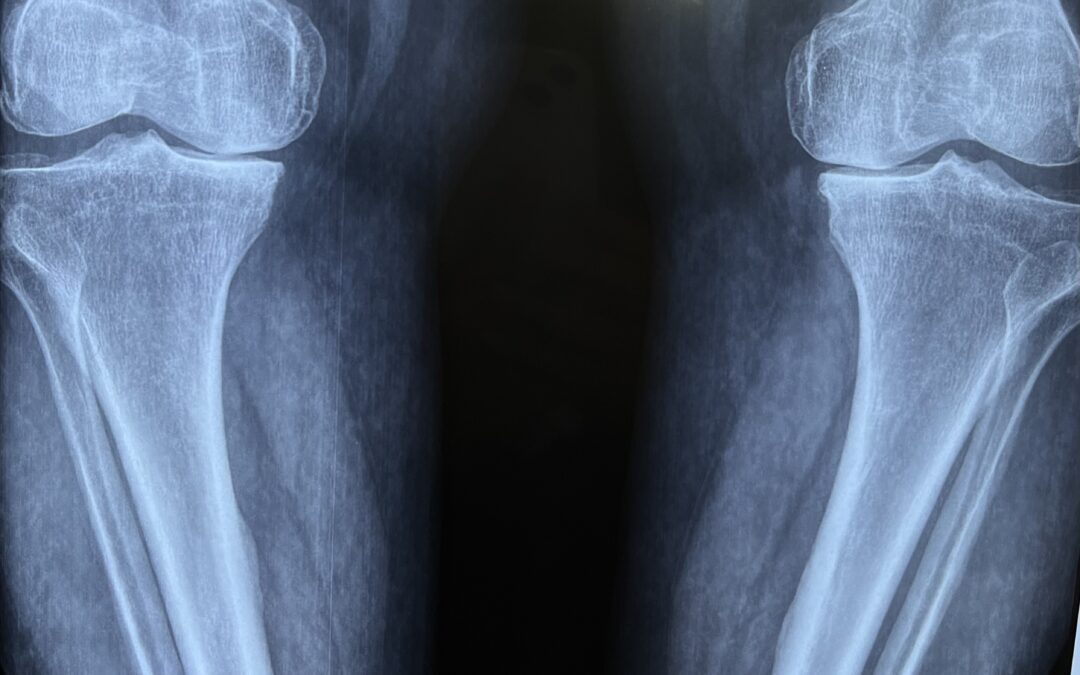Cell therapies, particularly those using mesenchymal stem cells (MSCs), have been explored for their potential in treating osteoarthritis (OA), offering a more regenerative approach compared to traditional steroid injections. A systematic review and meta-analysis highlighted that MSCs, derived from sources like bone marrow, adipose tissue, and umbilical cord, show promise in reducing pain and improving function in OA patients. This analysis found MSCs to be more effective in pain relief and functional improvement than cell-free treatments like hyaluronic acid or corticosteroids.
However, a recent study published in Nature Medicine by an Emory University research team found that at the 12-month mark, cell therapies, including autologous bone marrow aspirate concentrate, stromal vascular fraction, and allogeneic umbilical cord tissue MSCs, did not demonstrate significant advantages over corticosteroid injections in managing knee OA pain. This study highlights the necessity of a personalized approach in selecting appropriate treatments for OA, given the varied efficacy of cell therapies compared to established corticosteroid injections.
Additionally, ongoing research, such as the SCUlpTOR trial, aims to provide high-quality evidence on the efficacy and cost-effectiveness of allogeneic MSC injections for knee OA. This trial focuses on patient-acceptable symptom state, reduction in cartilage thickness loss, and other clinical and structural outcomes over 24 months. It underscores the critical need for comprehensive, well-designed clinical trials to establish the role of stem cell therapies in OA.
In conclusion, while cell therapies offer a novel approach to OA treatment with potential long-term benefits, current evidence suggests that they may not yet surpass the efficacy of conventional steroid injections for pain management in the short term. Ongoing and future research is essential to fully understand their role and optimize treatment strategies for individuals with OA.

